Acupuncture: does it really work?
The NHS says that there is 'some scientific evidence' that acupuncture works, but many researchers remain sceptical
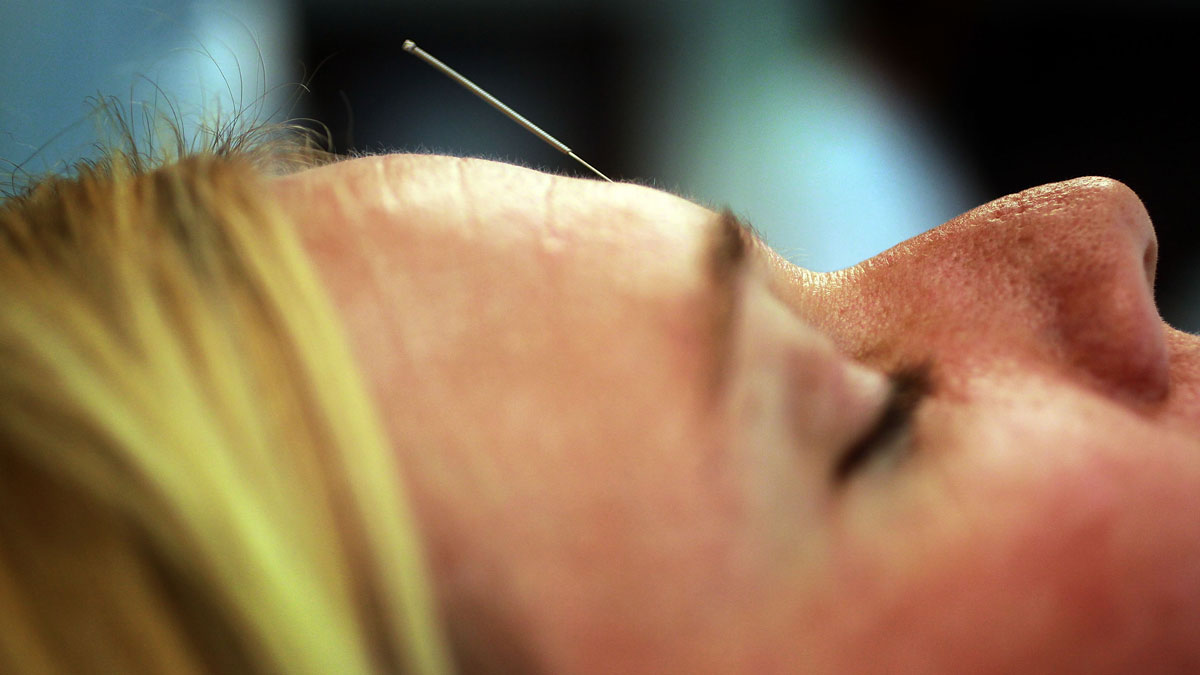
A free daily email with the biggest news stories of the day – and the best features from TheWeek.com
You are now subscribed
Your newsletter sign-up was successful
By Emma Young
Alternative medicine is regularly dismissed by practitioners of Western medicine as quackery, with many scientists expressing suspicion – if not outright hostility – to the claims of therapies such as naturopathy, chiropractic and homeopathy. However there's one branch of complementary medicine that's more widely accepted in some circles: acupuncture. But not everyone is convinced that the ancient Chinese practice lives up to its promise.
Who takes acupuncture seriously?
The Week
Escape your echo chamber. Get the facts behind the news, plus analysis from multiple perspectives.

Sign up for The Week's Free Newsletters
From our morning news briefing to a weekly Good News Newsletter, get the best of The Week delivered directly to your inbox.
From our morning news briefing to a weekly Good News Newsletter, get the best of The Week delivered directly to your inbox.
Acupuncture was first developed in China over 2,000 years ago. It's been in use in Western countries, on and off, for around 400 years. The ancient Chinese therapy is taught at respected universities, recommended by some GPs and the NHS has stated that there is 'some scientific evidence' that it works. Cyclist Vincenzo Nibali even credited the therapy with helping him to win the Tour de France.
What is the theory behind it?
Acupuncture is based on the theory of qi. Qi is considered to be a life force comprised of yin and yang. Acupuncture practitioners say it flows through the body along a network of invisible paths, or energy lines, known as meridians. People are thought to become ill or experience pain when the flow of qi is obstructed. The application of needles, heat or pressure to acupuncture points is designed to stimulate the circulation of qi and return the body to good health.
Is there any evidence that acupuncture works?
A free daily email with the biggest news stories of the day – and the best features from TheWeek.com
Unlike Western medicine, acupuncture was developed in isolation from mainstream science. It is only since the 1970s that scientists have begun to test whether it can produce any credible benefits in the treatment of ailments such as chronic pain, nausea, migraines and depression.
Of the 3,000 or so studies investigating acupuncture, the results have varied. As have the methods. Many of the trials that have produced results in favour of acupuncture have failed to use a placebo group.
Why does this matter?
For a trial to be worthwhile, it must divide patients into two groups: one receives the real treatment and the other receives a fake, or placebo. Neither doctors nor patients are supposed to know which is which. The comparison this creates is the standard way of determining whether a treatment works. Without a placebo, any 'evidence' they claim to have found that acupuncture works is likely the result of bias rather than accurate testing.
Other more respected studies have tried to overcome the difficulty of establishing a placebo by using two types of 'sham acupuncture'. The first approach involves using needles on random points of the body that have no relationship to the meridians. The second more favoured method uses retractable needles, like an onstage dagger, that prick the skin but don't puncture it. According to David Colquhoun, a pharmacologist at University College London, 'almost all experiments show no difference between real and sham acupuncture.'
Does this mean the sceptics have won?
In short, no. A group of researchers led by Ladan Eshkevari, PhD, at Georgetown University Medical Centre, published results earlier this year claiming to have found evidence that acupuncture can relieve stress in rats, Time reports. It remains questionable whether this discovery will translate to the human body, but some scientists say that the results indicate that further tests should be carried out before acupuncture is dismissed completely.
-
 The environmental cost of GLP-1s
The environmental cost of GLP-1sThe explainer Producing the drugs is a dirty process
-
 Greenland’s capital becomes ground zero for the country’s diplomatic straits
Greenland’s capital becomes ground zero for the country’s diplomatic straitsIN THE SPOTLIGHT A flurry of new consular activity in Nuuk shows how important Greenland has become to Europeans’ anxiety about American imperialism
-
 ‘This is something that happens all too often’
‘This is something that happens all too often’Instant Opinion Opinion, comment and editorials of the day
-
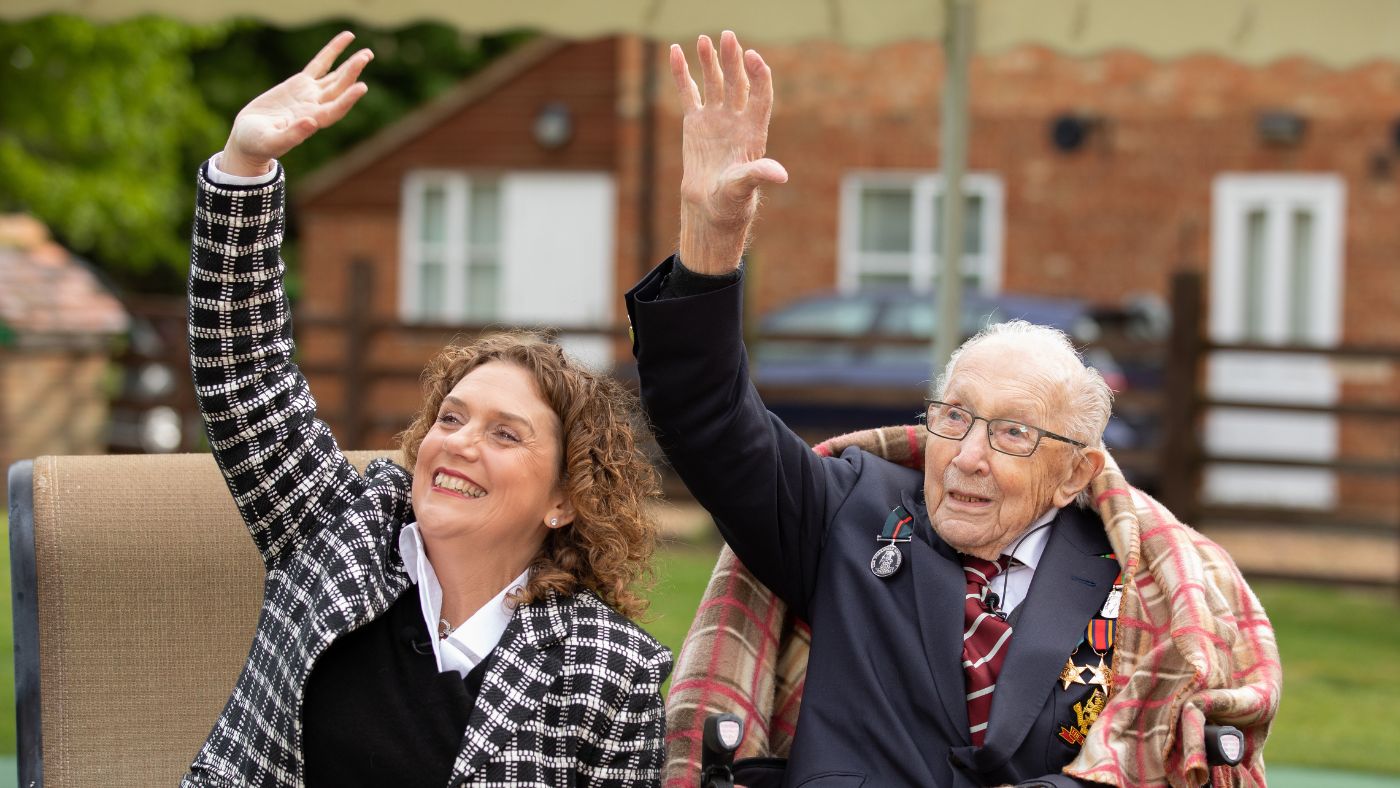 Captain Tom charity closes to donations amid daughter’s pool row
Captain Tom charity closes to donations amid daughter’s pool rowSpeed Read Hannah Ingram-Moore to appeal council order to demolish spa complex at her home
-
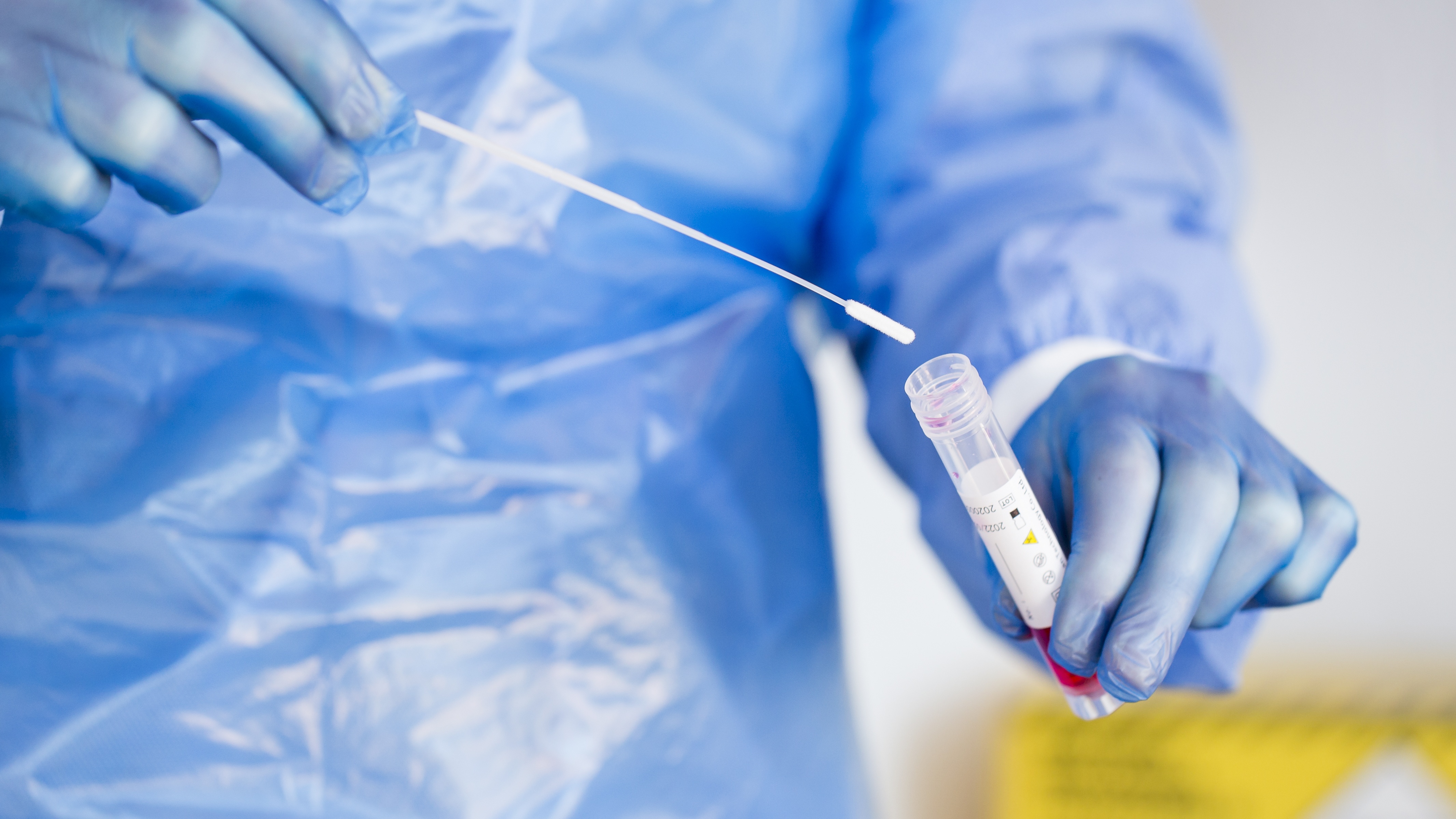 The Week Unwrapped: Sex and health, the Earth’s core and another new year
The Week Unwrapped: Sex and health, the Earth’s core and another new yearpodcast Is the NHS failing British women? What’s going on at the centre of our planet? And what’s in a date?
-
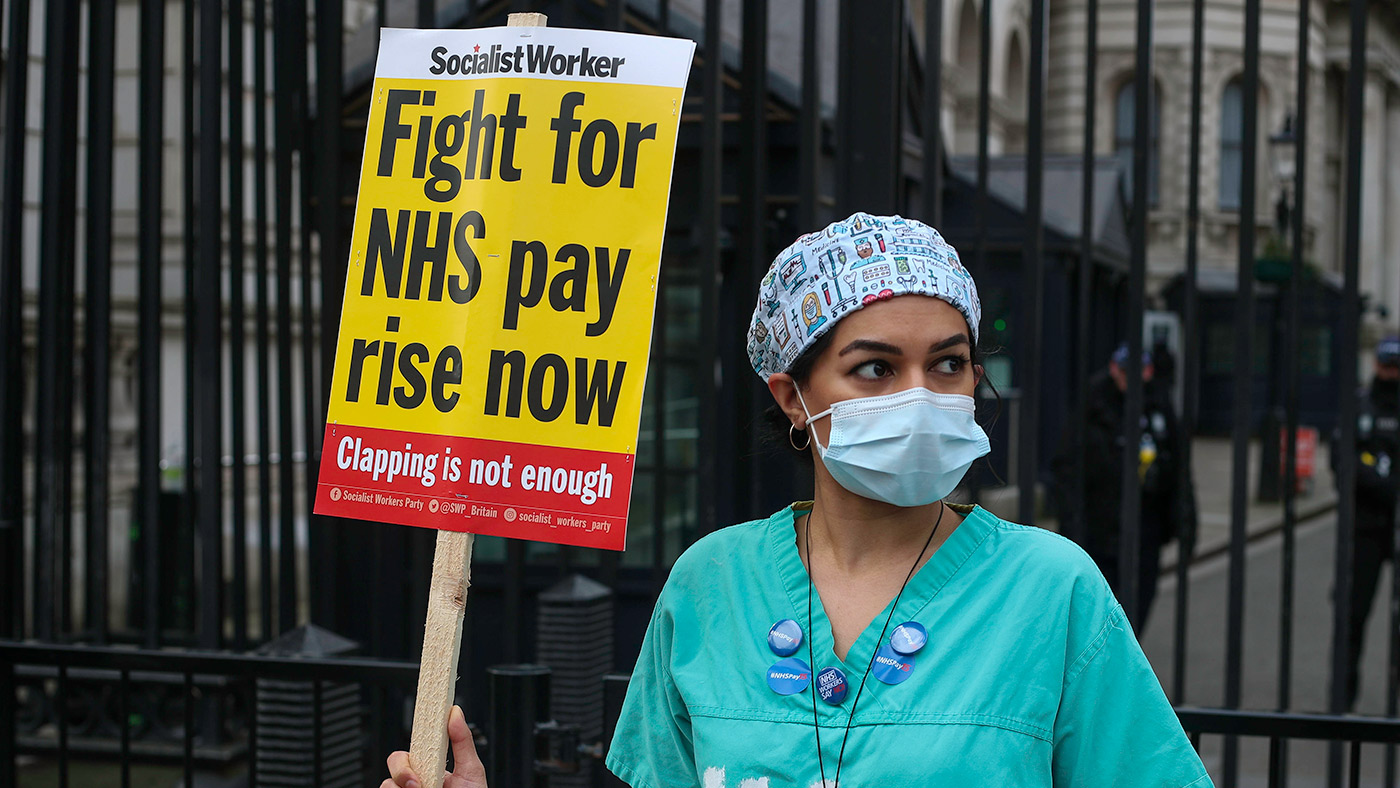 National nursing strike: should the patient ‘always come first’?
National nursing strike: should the patient ‘always come first’?Talking Point Recent YouGov poll found that 65% of public approves of strike action
-
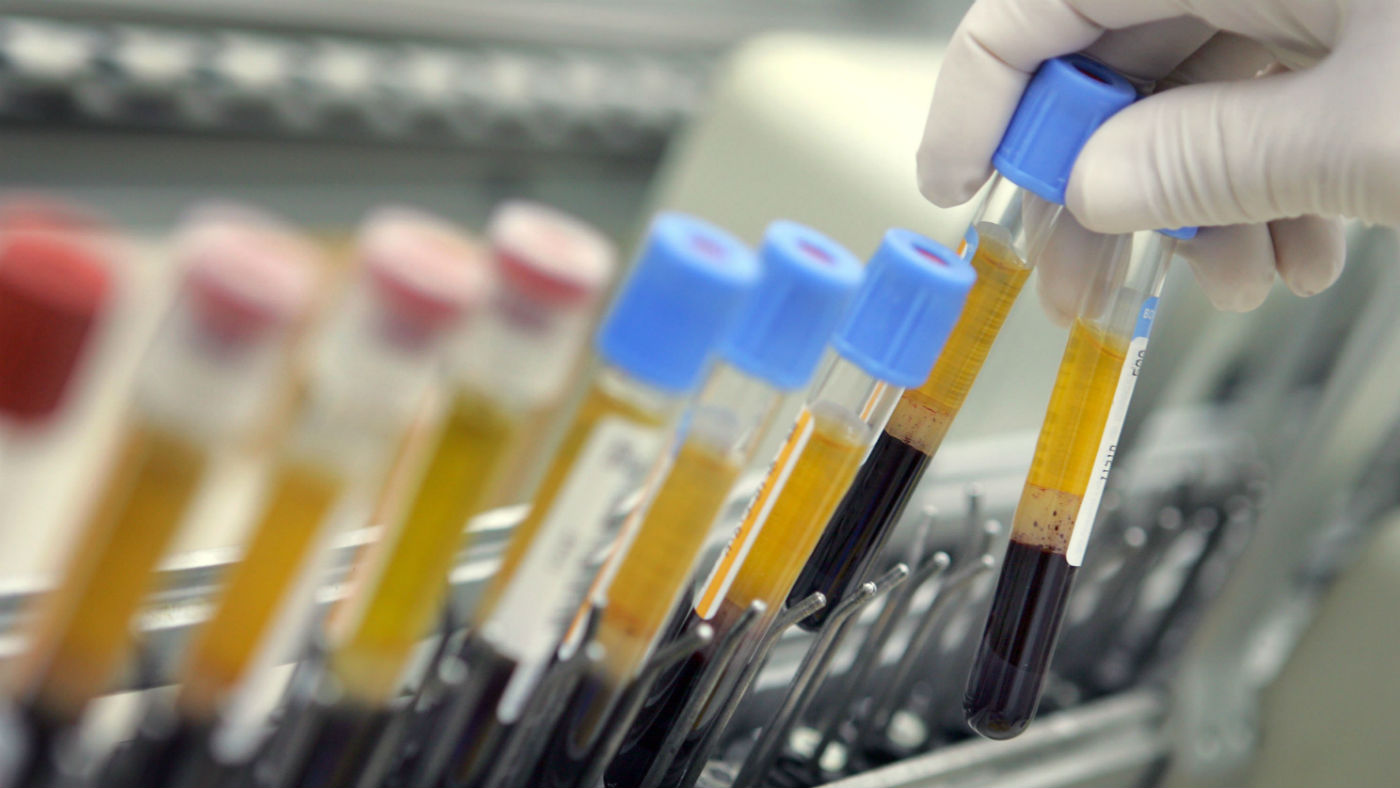 The science behind lab-grown blood
The science behind lab-grown bloodfeature Development of ‘absolute game changer’ could help those with sickle cell and other conditions
-
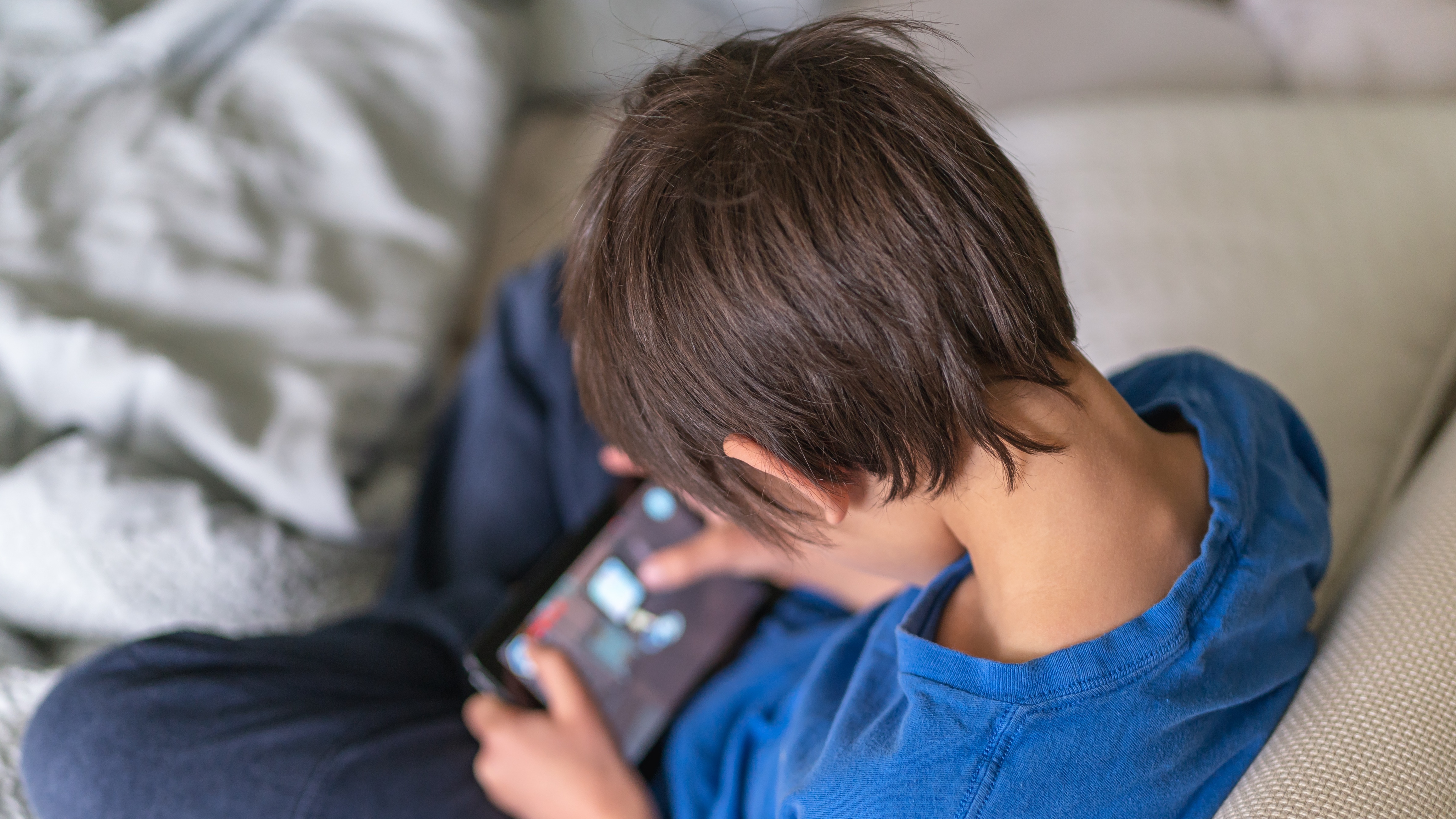 ‘Moving CBBC online isn’t modernisation – it’s dangerous’
‘Moving CBBC online isn’t modernisation – it’s dangerous’Instant Opinion Your digest of analysis from the British and international press
-
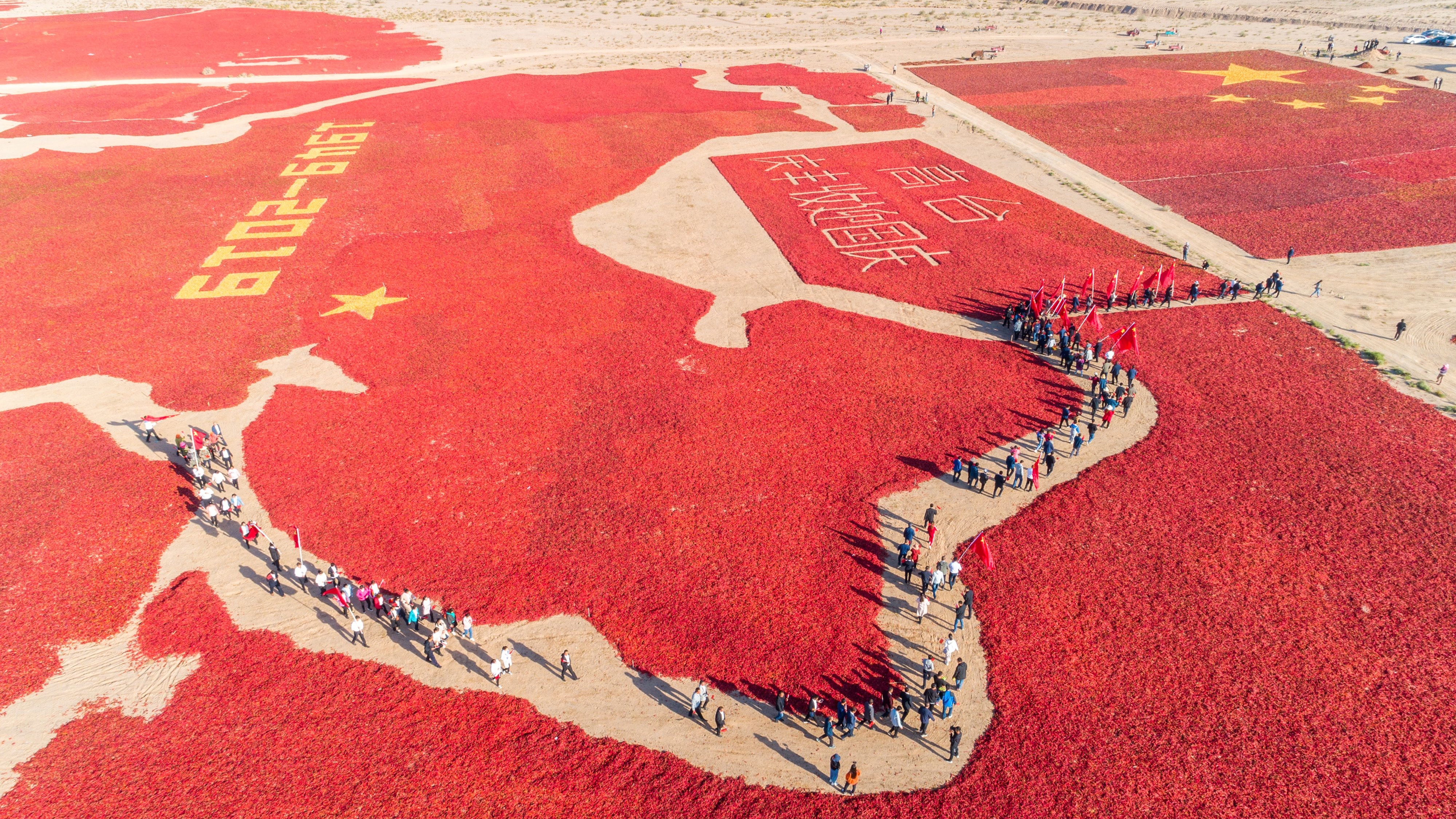 The Week Unwrapped: Quitting China, social age checks and dental deserts
The Week Unwrapped: Quitting China, social age checks and dental desertspodcast Why has AirBnB given up on China? Are social networks finally taking age limits seriously? And why is it so hard to find a dentist?
-
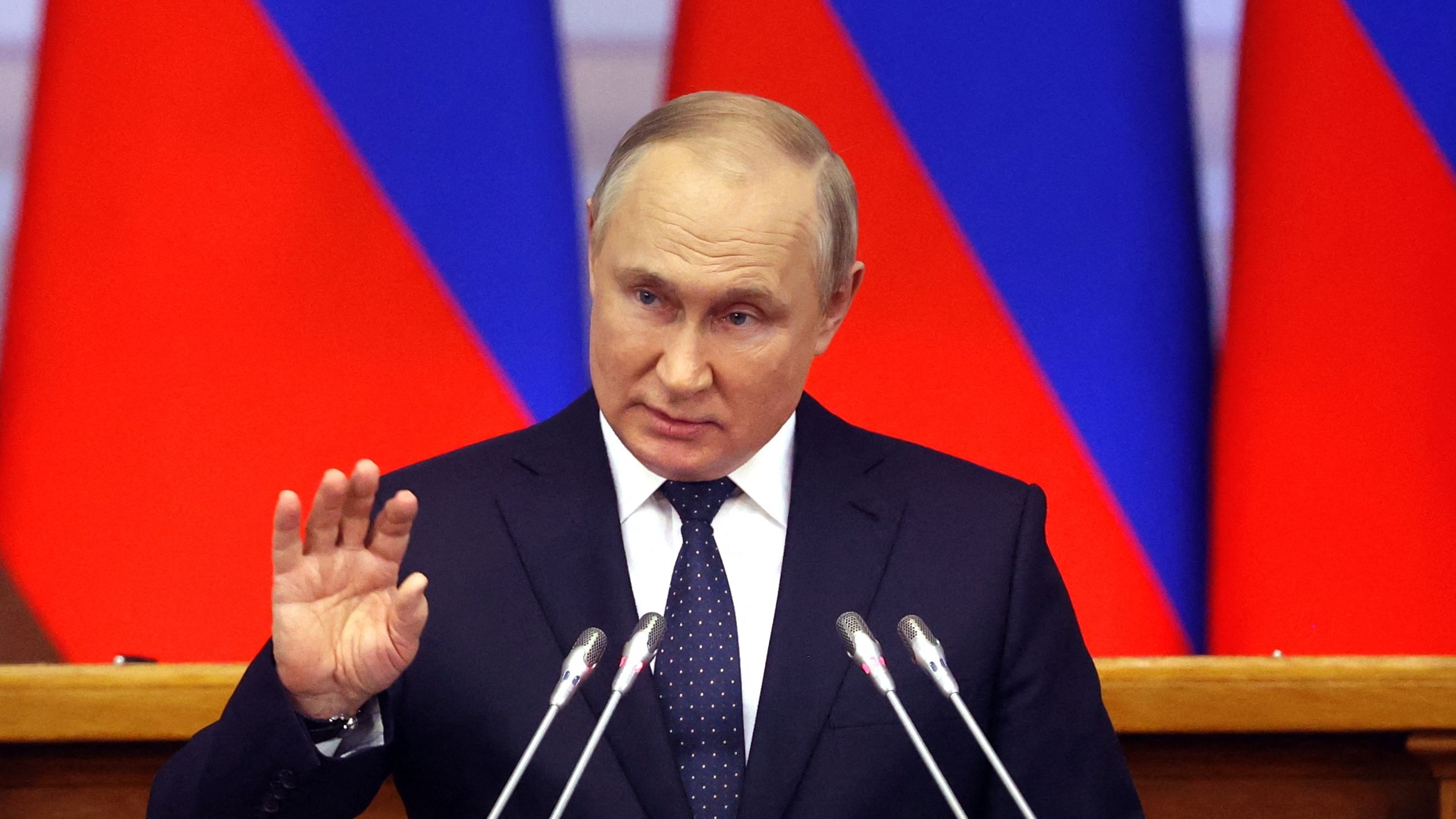 ‘Negotiation with Putin would be a moral disaster’
‘Negotiation with Putin would be a moral disaster’Instant Opinion Your digest of analysis from the British and international press
-
 The Week Unwrapped: Home-working pay cuts, Taiwan and Cinderella
The Week Unwrapped: Home-working pay cuts, Taiwan and Cinderellapodcast Should people who work from home earn 20% less? Is Taiwan at risk of a Chinese invasion? And what does the failure of Andrew Lloyd Webber’s latest production tell us about post-Covid theatre?